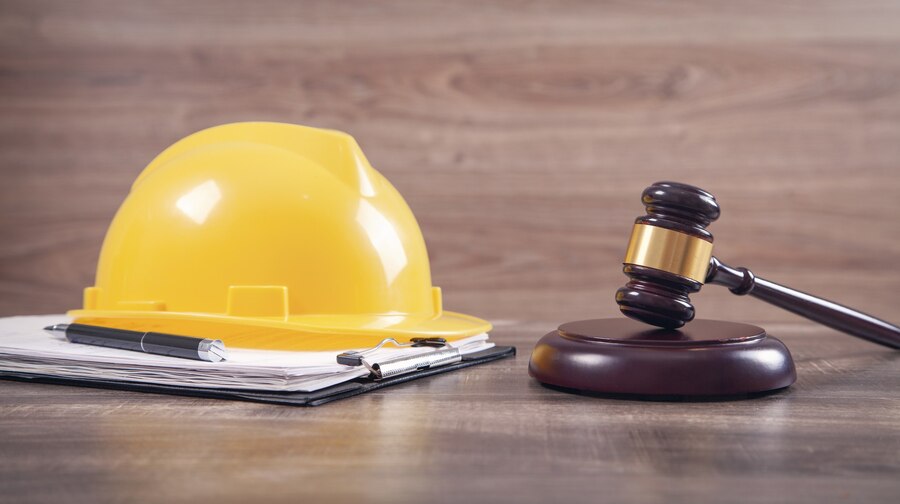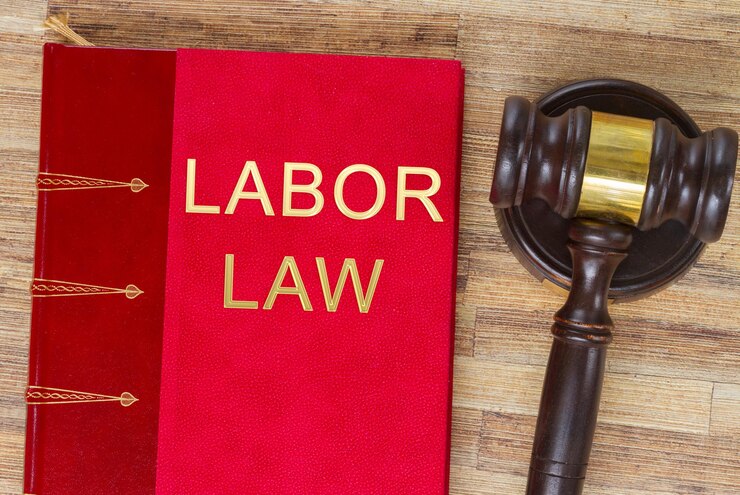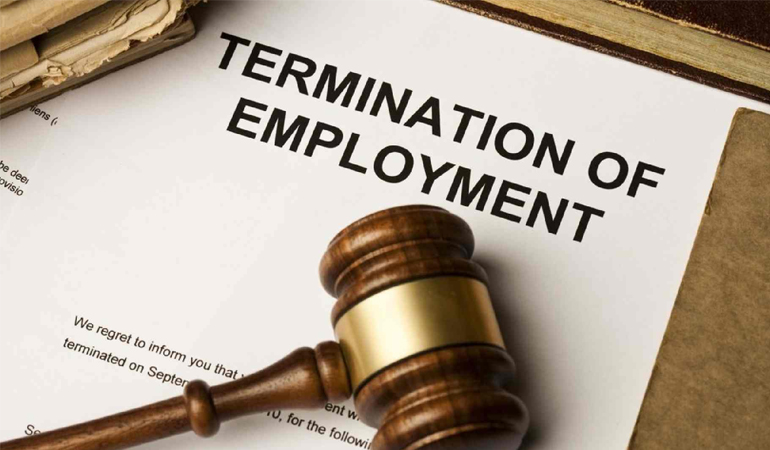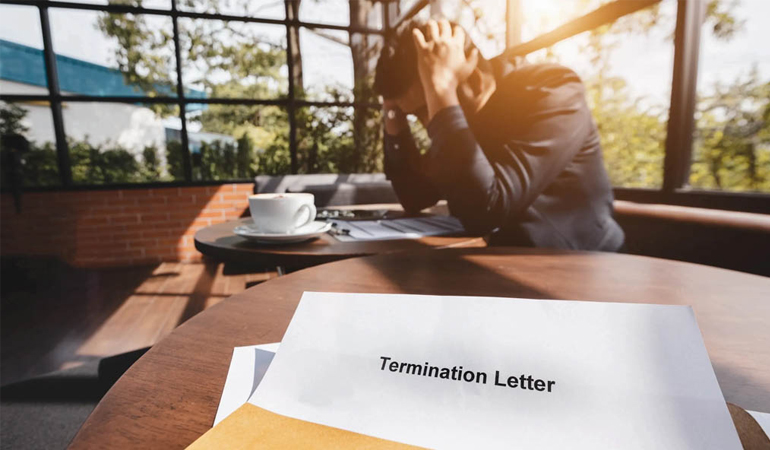Arbitrating Disputes in UAE Construction Projects
Introduction:
While arbitration may face criticism for its time and cost implications, it is essential for commercial clients to recognize its distinct advantages. These include the process's flexibility, the ability to select the arbitration seat, confidentiality of proceedings, in-depth examination of claims and defenses, the potential to recover legal costs (generally), and the assurance that disputes will be adjudicated in a neutral environment by arbitrators specifically chosen for their expertise in handling intricate construction disputes. Additionally, there is a perception that arbitral awards are more likely to be enforced globally compared to court judgments.
Initiating the Arbitration Process
The commencement of arbitration occurs when the initiating party, known as the Claimant, issues a 'Notice to Arbitrate,' often termed a 'Request for Arbitration' in institutional proceedings. In cases where arbitration laws lack clarity or are silent on the formal commencement of proceedings, careful consideration is essential, especially when facing an impending limitation period. The Notice to Arbitrate must explicitly state its intent to arbitrate the dispute and include essential details such as party names, contact information, reference to the arbitration clause, details of the underlying contract, a description of the dispute, relief sought, compliance with pre-conditions, choice of arbitrator (if applicable), and specifics regarding language, law, and the seat of arbitration. For institutional arbitrations, payment of registration fees is necessary when filing the Request for Arbitration. While institutional arbitrations permit the responding party, known as the Respondent, to submit a response (typically in the form of an Answer or Reply) and potentially a counterclaim, ad hoc proceedings generally do not allow for such documents, unless the arbitration clause is highly detailed or incorporates the UNCITRAL Rules. The subsequent phase involves the formation of the arbitral tribunal, which can consist of a sole arbitrator or, more commonly in construction disputes, a three-person tribunal. If the procedure for appointing the tribunal is not outlined in the arbitration clause, and parties fail to reach an agreement later (which is plausible in a dispute situation), the relevant provisions of the UAE's arbitration law will come into play.
The Award and Its Enforcement
While UAE law mandates that the tribunal issues its award within six months, parties often mutually extend this period. In cases with a sole arbitrator, the award typically follows swiftly after the final hearing. However, when dealing with a three-person tribunal, especially if some or all arbitrators reside overseas, the process can take several months. If an institutional body like the ICC is involved, additional time is needed for the ICC to scrutinize the award before issuance. Once the award is delivered to the parties, it is crucial to carefully review it for compliance with UAE arbitration law formalities, including signatures on every page, stating the place of issuance, and inclusion of the arbitration agreement. Additionally, it should be checked for arithmetic and typographical errors. The dispositive section of the award outlines the winning party and the obligations of the losing party. While the losing party may comply, it is not always the case. Non-compliance requires the winning party to take steps to recover its entitlements. Whether the award is foreign (seated and issued outside the UAE) or domestic (seated and issued within the UAE) determines the applicable laws for the enforcement process. In the UAE, enforcing a domestic award involves ratification and execution of the ratified award. Recent case law suggests that the DIFC Courts now provide a potential alternative for enforcing both on-shore and off-shore domestic awards, potentially bypassing legal arguments that could arise in the defense of ratification proceedings in local courts, considering, for instance, Article 216 of the UAE Civil Procedures Code. However, this is a recent development, and the actions of the Dubai Courts in the future remain uncertain.
For more understanding of the Laws or clarity for your enquiries, please feel free to get In touch with SALC Team.














